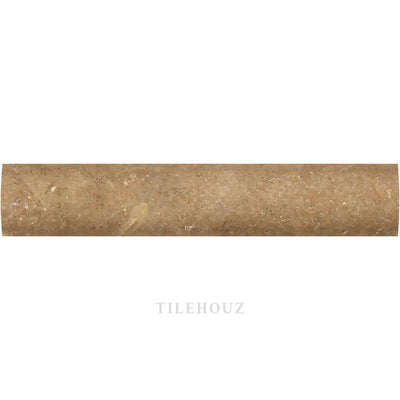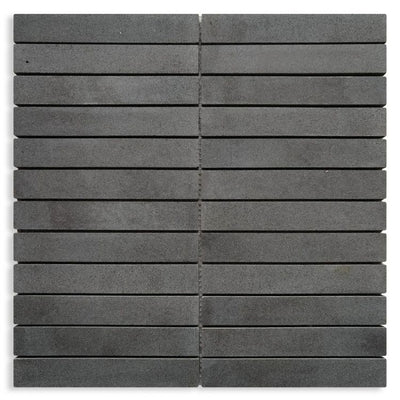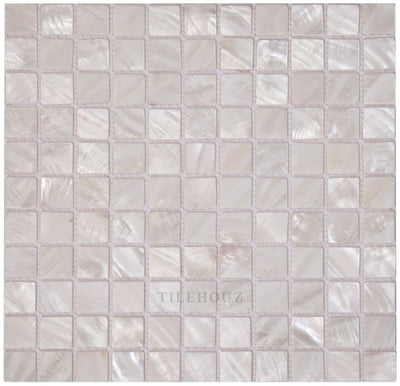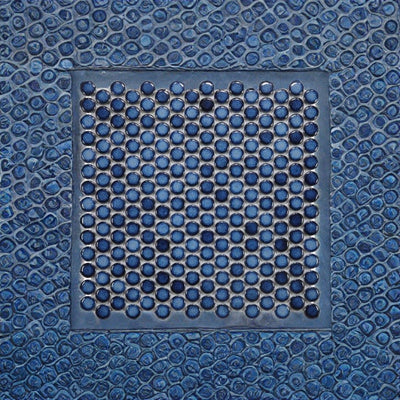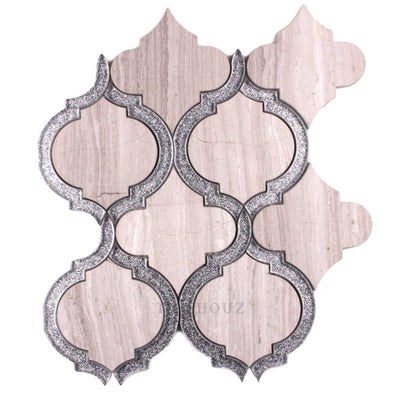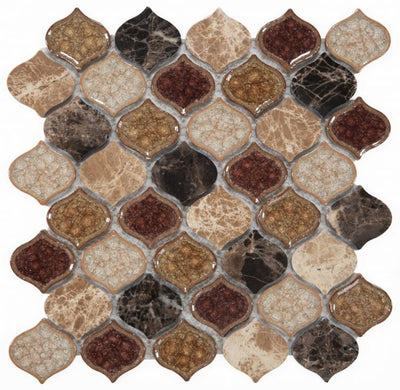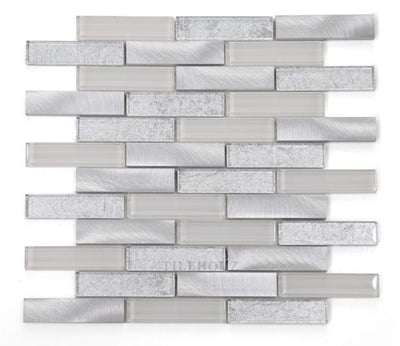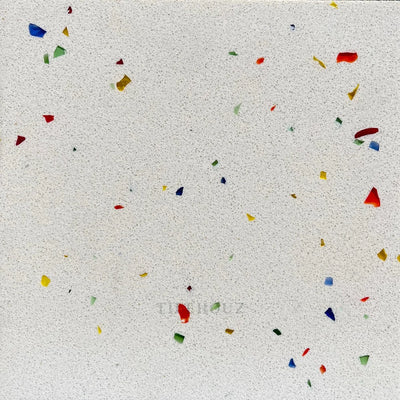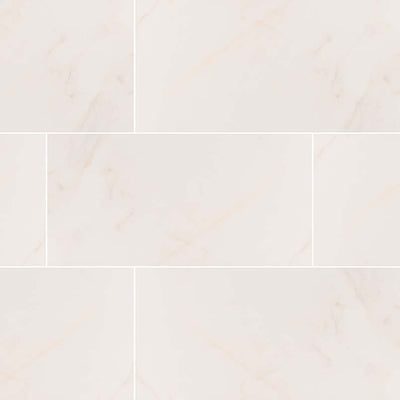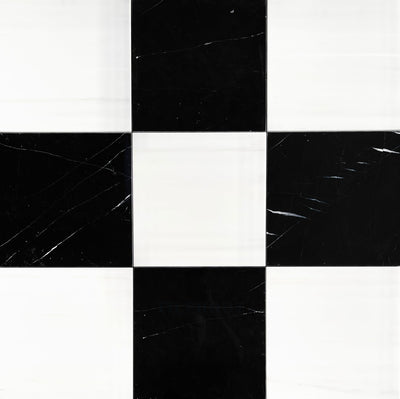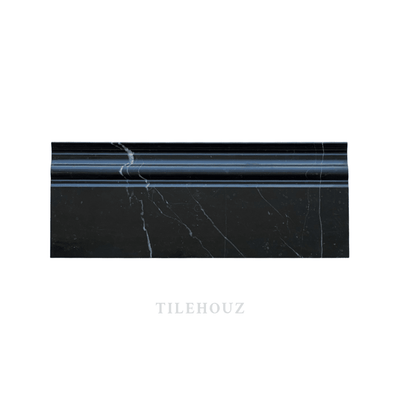What Type Of Mortar For Porcelain Tiles?
When installing porcelain tiles, choosing the right mortar is crucial for a durable and long-lasting installation. Here are some recommendations:
1. **Thinset Mortar**: This is the most common type of mortar used for porcelain tiles, especially for floor installations. Thinset mortar comes in both modified and unmodified forms. For porcelain tiles, a **modified thinset mortar** is often recommended because it contains polymers that enhance adhesion, flexibility, and water resistance. Porcelain tiles are dense and less porous than ceramic tiles, which means they can be more challenging for mortar to adhere to. The additives in modified thinset help improve the bond between the tile and the substrate.
2. **Porcelain Tile Mortar**: Some thinset mortars are specifically formulated for use with porcelain tiles. These mortars have a higher polymer content to ensure a strong bond due to porcelain's low porosity. When shopping, look for a product labeled as "porcelain tile mortar" or one that specifies it is suitable for porcelain tiles.
3. **Large Format Tile Mortar**: If you're installing large format porcelain tiles (generally any side longer than 15 inches), consider a large format tile mortar. These mortars are designed to provide a stronger bond and help prevent slumping or lippage, ensuring a level installation.
4. **Rapid Setting Mortar**: For projects where time is a constraint, or when tiles need to be grouted and trafficked shortly after installation, a rapid setting mortar can be beneficial. These mortars cure quickly, allowing for faster completion of the tile work.
When choosing a mortar for porcelain tiles, consider the specific requirements of your project, such as tile size, location (floor, wall, indoor, outdoor), and substrate conditions. Always follow the tile and mortar manufacturers' recommendations for the best results. Preparing the substrate properly and ensuring it is clean, level, and structurally sound is also key to a successful tile installation.
1. **Thinset Mortar**: This is the most common type of mortar used for porcelain tiles, especially for floor installations. Thinset mortar comes in both modified and unmodified forms. For porcelain tiles, a **modified thinset mortar** is often recommended because it contains polymers that enhance adhesion, flexibility, and water resistance. Porcelain tiles are dense and less porous than ceramic tiles, which means they can be more challenging for mortar to adhere to. The additives in modified thinset help improve the bond between the tile and the substrate.
2. **Porcelain Tile Mortar**: Some thinset mortars are specifically formulated for use with porcelain tiles. These mortars have a higher polymer content to ensure a strong bond due to porcelain's low porosity. When shopping, look for a product labeled as "porcelain tile mortar" or one that specifies it is suitable for porcelain tiles.
3. **Large Format Tile Mortar**: If you're installing large format porcelain tiles (generally any side longer than 15 inches), consider a large format tile mortar. These mortars are designed to provide a stronger bond and help prevent slumping or lippage, ensuring a level installation.
4. **Rapid Setting Mortar**: For projects where time is a constraint, or when tiles need to be grouted and trafficked shortly after installation, a rapid setting mortar can be beneficial. These mortars cure quickly, allowing for faster completion of the tile work.
When choosing a mortar for porcelain tiles, consider the specific requirements of your project, such as tile size, location (floor, wall, indoor, outdoor), and substrate conditions. Always follow the tile and mortar manufacturers' recommendations for the best results. Preparing the substrate properly and ensuring it is clean, level, and structurally sound is also key to a successful tile installation.

